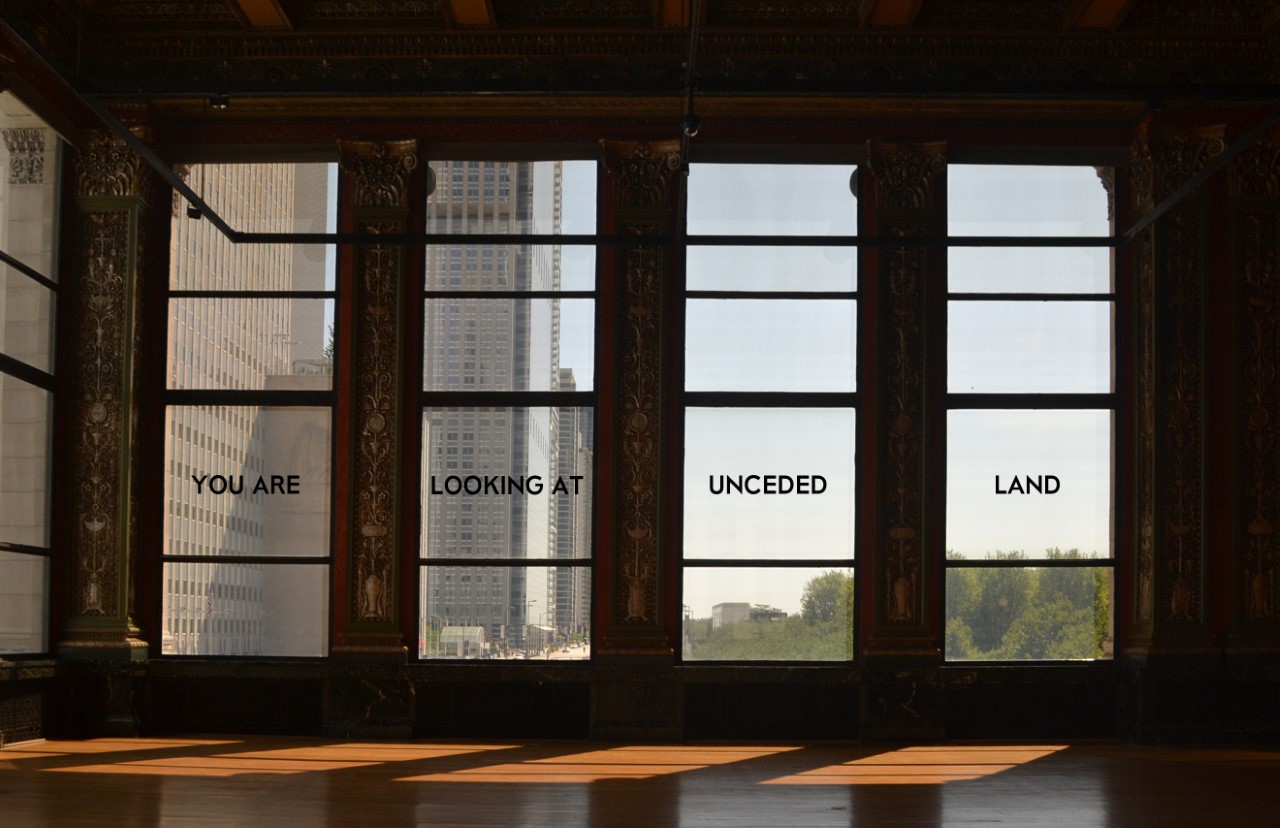SCCP at PPEH on The Petro-Biennial Complex: Petro-Colonialism, Petro-Philanthropy, and Petro-Culture
Online Event

We are happy to have the opportunity to welcome to PPEH the Settler Colonial City Project.
SCCP is a research collective focused on the collaborative production of knowledge about cities on Turtle Island/Abya Yala/The Americas as spaces of ongoing settler colonialism, Indigenous survivance, and struggles for decolonization. Their work has been published through a dossier on the e-flux online platform and in exhibition at the American Indian Center and the Chicago Architecture Biennial.
Ana María León and Andrew Herscher, co-founders of SCCP, will present two aspects of their research: on the petro-biennial complex which explores the role of BP as lead sponsor of the biennial, reframing its ambitions; and on the colonialcene, diffusing the border between settler colonial and climate justice apprehensions of the territory.
As Herscher and Leon write in a recent essay:
"Following Eve Tuck and K. Wayne Yang, decolonization should be understood as the rematriation of land. 'Land' here refers not just to territory but also to air, water, plant life, animal life, and the Indigenous life that sustains and is sustained by the preceding. In other words, land encompasses the range of Indigenous worlds in their specific contexts. 'Rematriation' thus refers not just to the return of land, but to the regeneration of sustaining and sustainable relations with the land’s constituent parts. The rematriation of land is not a metaphor: it is the specific and irreplaceable horizon of restoring land to Indigeneity. The motion of turning towards this horizon, of yearning for it, is the unraveling of border thinking."
This event includes a recorded presentation from León and Herscher who will also participate in a live panel discussion.
Registration and the pre-recorded presentation are available here!
This program is part of the PPEH Annual Topic focus on Transition/Transformation , directed by Associate Professor of Architecture Daniel A. Barber. As Barber writes: While transition relies on technologies to render existing patterns more efficient, transformation elicits conceptual inquiries and creative explorations; it encourages scholars and artists to consider non-dominant epistemologies, to craft new narratives, to work towards public engagement, and to collectively articulate aspirations for a post-carbon society.
